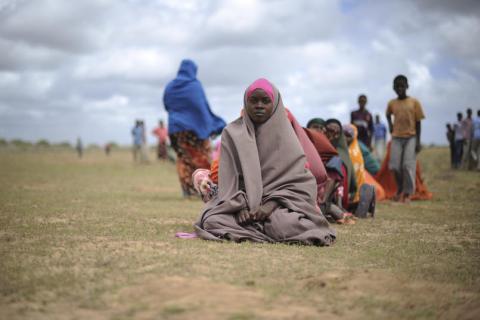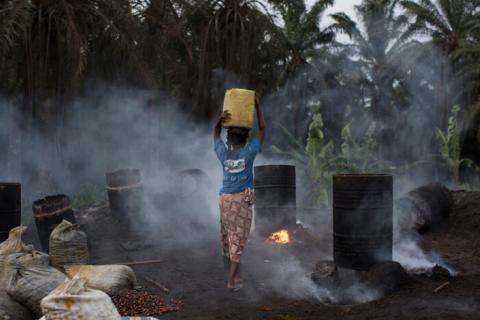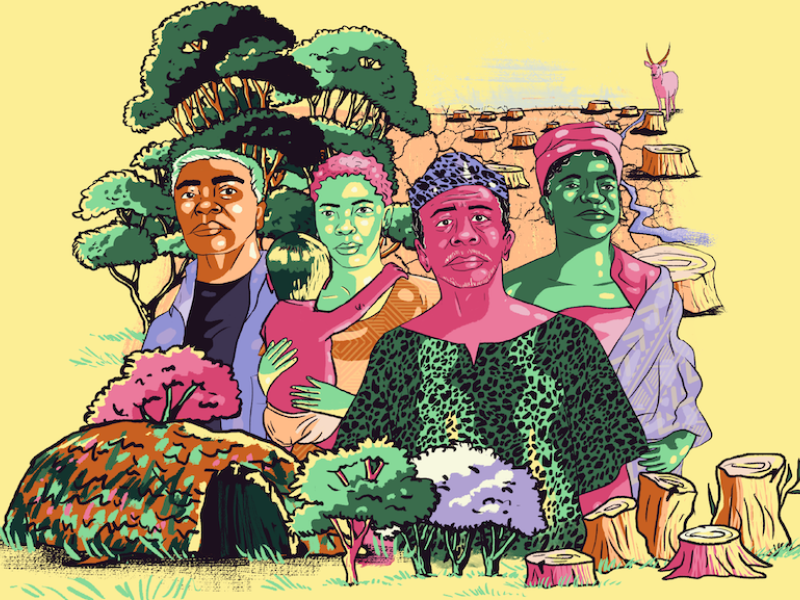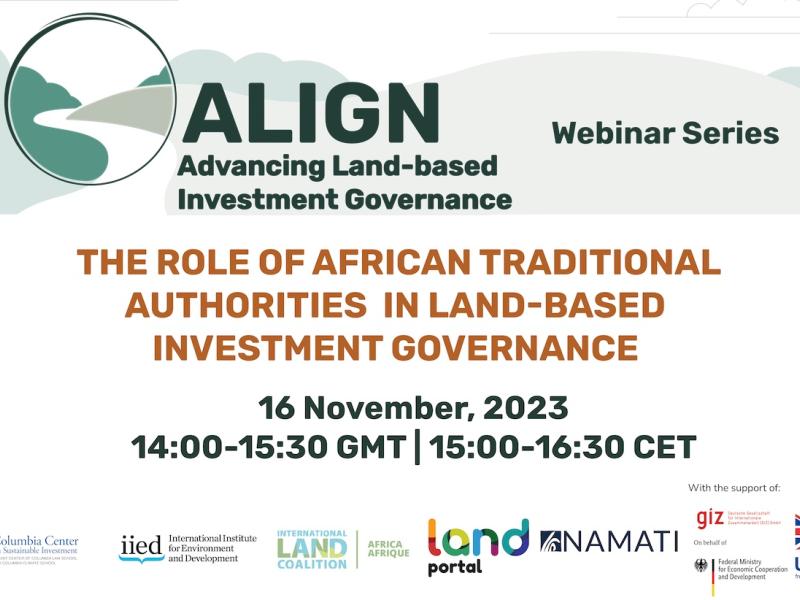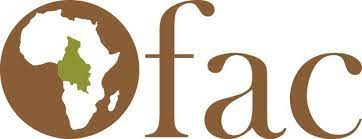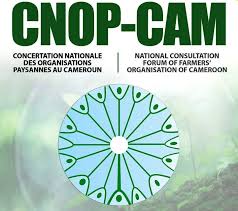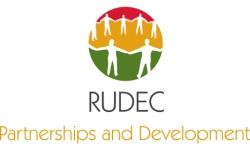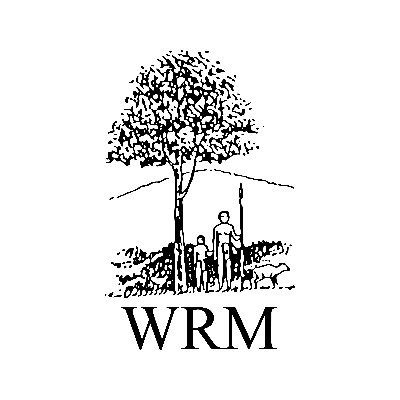Breadcrumb
Cameroon has an abundance of natural resources, and forests in particular. Despite rapid urbanization, more than two thirds of the population still depend on agriculture. After independence in 1960 and reunification in 1961, cotton, coffee, and oil revenues boosted Cameroon’s economy initially. However, when the world market prices of the key cash crops dropped in the late 1980s, the country’s currency was devalued.
Socio-economic indicators
browse all
Land Area
47,271,000 ha
GDP/Capita
3,700.5 USD
Total population
27,198,600
Urban population
56.4 %
Land-related indicators
browse all
Agricultural land
20.6 %
Perceived tenure security
55.5 %
NewsBrowse all
14 November 2024
In Cameroon like most developing countries, access to land is still a challenge. Less than 30% of Cameroon’s land area is secured by collective or individual rights due in part to lengthy and expensive processes. Although the country’s ministry in charge of State property, Surveys and Land tenure (…
04 January 2024
Photo ID 557871 UN Photo/Tobin Jones (CC BY-NC-ND 2.0 DEED)
Are you passionate about upholding Indigenous Peoples and Local Communities (IP&LC) rights and supporting the protection of forests and biodiversity and the governance of IPLC land and forests in the African continent?
Do you have…
22 August 2023
DIBOMBARI, Cameroon — “We are going through hell,” the haunting words of Marie Noel resonate with a mix of despair and fortitude. Marie, an activist in her 50s hailing from the village of Souza near Dibombari Socapalm Plantation, paints a somber portrait of her community’s plight. Amidst the cruel…
Cameroon
projects
- 0
- 1
- 2
- 3
- 4
- 5
In Cameroon, no one can be deprived of their property unless it is taken in the interest of the public. However, the law does not define what public interest means.
BlogsBrowse all
10 December 2024
“Mediation offers a peaceful alternative to litigation in land disputes, as seen in the SudCam case in Cameroon. By promoting dialogue and cooperation, mediation can help communities protect their land rights and livelihoods.” Blog by Francis Simeu, TI Cameroon, to celebrate International Human…
EventsBrowse all
16 November, 2023 14:00-15:30 GMT | 15:00-16:30 CET
Land is not just geography; it's a tapestry of culture, heritage, and social relations. As custodians of ancestral will and ethos, traditional authorities in many African countries hold significant influence over this landscape. As…
LibraryBrowse all
OrganizationsBrowse all
- 0
- 1
- 2
- 3
- 4
- 5
- 6
- 7
- 8
- 9

